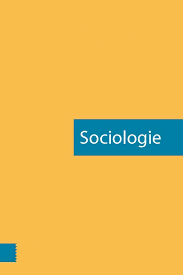Abstract
The fear for a widespread political trust crisis has become a fixture in modern debates on the state of democracy. Its most recent appearance is democratic deconsolidation, a supposed value change among younger generations who no longer consider democracy essential. I show that the claim of democratic deconsolidation does not find empirical support. Rather than declining, support for democratic values has been stable across generations, and satisfaction with democracy has even risen over the last few decades.I offer three reasons for the fixture of the political trust crisis in democracies. First, democracy is inherently imperfect as different democratic values cannot always be aligned. Second, there is a pessimistic bias in the public mood towards the functioning of democracy. And third, over the last decades political distrust has become a strong mobilizing factor at election time. While these developments do not signal a political trust crisis, they provide fertile ground for the crisis narrative.The dominant thesis of the political trust crisis has led to a stagnant literature. Instead, I propose three new research questions that scholars ought to focus on to push our understanding of the sources and the relevance of political support.
How to Cite:
van der Meer, T., (2017) “Voorbij de politieke crisis. Over de steeds terugkerende angst voor een democratische legitimiteitscrisis”, Sociologie 13(1), 109–124. doi: https://doi.org/10.5117/SOC2017.1.MEER
Downloads:
Download PDF
View PDF
135 Views
32 Downloads
Published on
2017-10-20
Peer Reviewed

